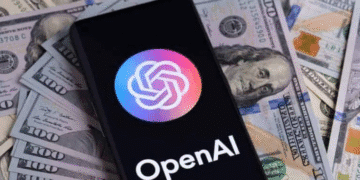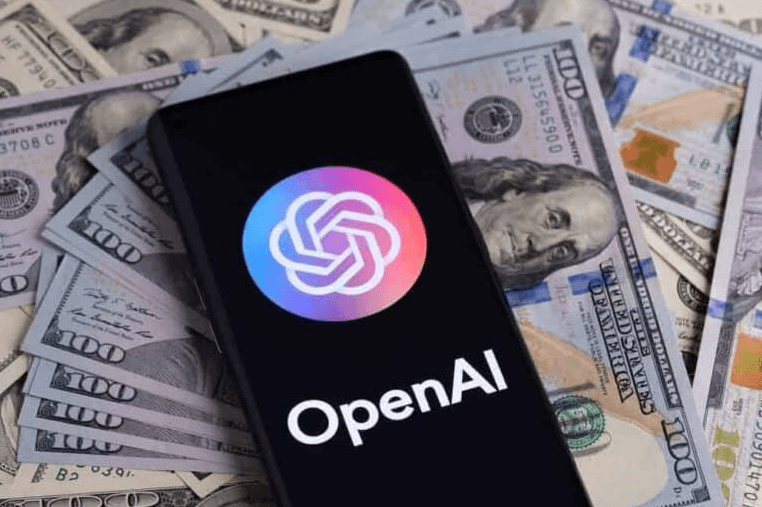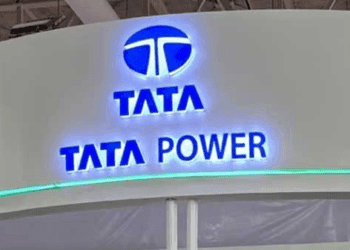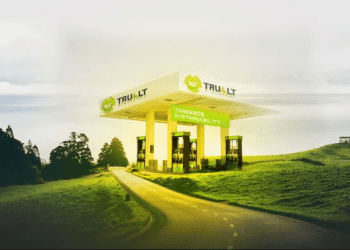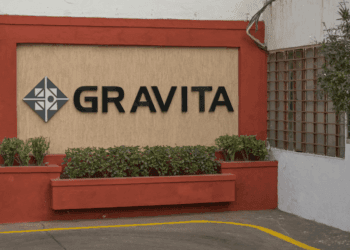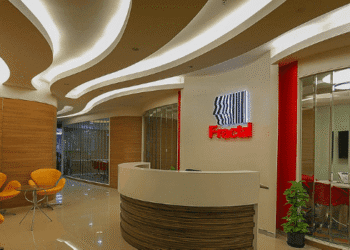Athira Sethu
Kochi, 6 Nov 2026
OpenAI’s chief financial officer, Sarah Friar, recently said that an IPO is not in the company’s near future. Speaking at the Wall Street Journal’s Tech Live conference, Friar emphasized that the startup is focused on scaling operations and building for long-term success rather than hastening toward an IPO.
“An IPO is not something we’re considering right now,” Friar said. “We’re focusing on growing the company and making sure we’re continuously improving at the scale we’re at. I don’t want to get distracted by the idea of going public.”
OpenAI did not immediately respond to a request for comment from Reuters.
Earlier this month, Reuters reported that OpenAI was preparing for an IPO that could value the company at up to $1 trillion. That news indicated that OpenAI might try to go public by 2027, though some advisers hinted it could happen as early as late 2026. Friar’s comments, however, suggest OpenAI is taking a more conservative approach to its future listing.
These comments follow the completion of a major restructuring by OpenAI in late October. It turned its for-profit business into a so-called public benefit corporation as part of a new agreement with Microsoft that valued OpenAI at roughly $500 billion. That restructuring was intended to free OpenAI to operate more independently while still ultimately being controlled by its nonprofit parent, the OpenAI Foundation. The Foundation, which owns 26% of OpenAI, is also entitled to additional shares if the company hits certain targets.
As part of its expansion plans, OpenAI has increased spending on building out its data centers. It has also inked multibillion-dollar deals with tech giants such as Google’s parent Alphabet and Amazon. Friar said OpenAI is seeking assistance from the U.S. government to help arrange financing for the AI chips it requires. The chips are very expensive and have unpredictable depreciation rates, making debt financing through traditional means particularly expensive.
“We’re considering different options for financing, everything from banks to private equity, right through to government support,” Friar said. “Any kind of government guarantee would reduce the financing costs and help with the terms of taking the loans. In other words, though OpenAI has always been working toward an IPO, it seems much more concerned with fortifying its operations and partnerships before getting there. The company continues to invest heavily in its infrastructure and looks for ways to reduce the costs of financing its rapid growth.
